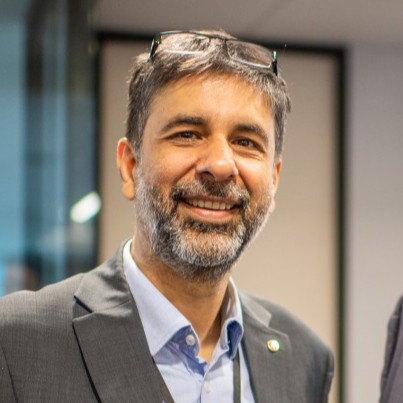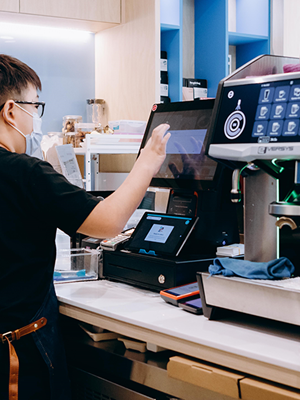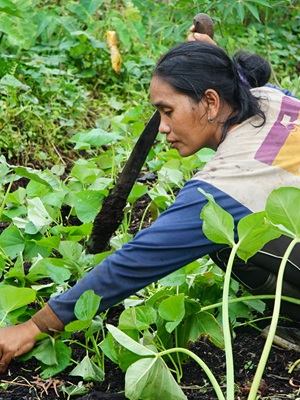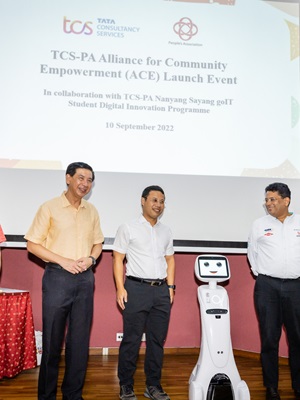Tech group Microsoft made headlines in July when it laid off its diversity, equity and inclusion (DEI) team, branding it as “no longer business-critical or smart”, according to media reports. Zoom took a similar stance earlier this year, shedding its DEI team in February.
These moves are indicators of the fading prominence of DEI initiatives. The anti-woke narrative, which gained traction in the United States on the back of opposition to environmental, social and governance (ESG) investing, is now casting doubt on the relevance of DEI initiatives.
Sustainability-conscious leaders – especially those in human resources (HR) – are now caught in a dilemma. Uncertain about how to advance the purpose and inclusivity agenda within their organisations, they also need to navigate this shifting landscape.
Singapore, home to the regional headquarters of numerous global multinationals, is not immune to this evolution.
Based on interviews with 20 business and HR leaders in Singapore, we identified three key aspects that HR executives must consider to realign their roles.
1. Reimagining the strategic role of HR
Traditionally, the sector has been seen as a people-centric function that is somewhat divorced from the broader business strategy. This limited professional identity often relegates HR to a reactive role, following the strategic direction set by senior management, rather than driving it.
Tasks such as recruiting, onboarding, performance evaluation and compensation are essential, but they should not define the entirety of HR’s role. HR needs to take a stand on the sustainability agenda, shifting from “serving” business leaders to “driving” business success.
After all, HR manages the most dynamic organisational asset: people. Japan’s Ricoh Group, a workplace technology provider, is a model for this approach.
At Ricoh, HR is deeply integrated into the company’s business strategy – particularly in areas where ESG goals intersect with business objectives.
The company’s ESG committee includes the chief human resources officer as well as the chief financial officer and chief technology officer.
This committee has identified 16 ESG targets that align with 12 of the United Nations’ Sustainable Development Goals, and HR is responsible for advancing at least three of these targets.
In organisations such as Ricoh, decisions to invest or disinvest in DEI are seen as critical to organisational success. HR’s involvement in these decisions underscores the significance of DEI – and sustainability more broadly – as integral to the agenda, business impact and stakeholder interests.
2. Aligning sustainability with the people agenda
HR functions often fail to appreciate the deep alignment between sustainability and the people agenda beyond obvious initiatives such as employee engagement, wellness, DEI, and safety.
Many HR departments limit their role in sustainability to peripheral activities, such as promoting carbon-conscious travel, encouraging the use of reusable lunch boxes or reducing office energy consumption.
While these efforts are commendable, they represent only the fringes of what the department can contribute to a sustainability-centric culture.
Some organisations, however, are breaking this mould by merging the people and sustainability agendas. At Singapore’s largest telco Singtel, for instance, Aileen Tan carries the title of group chief people and sustainability officer – underscoring the synergy between these two crucial functions.
Combining people and sustainability is a superpower for organisations that recognise the impact these elements have across all business operations.
When integrated effectively, these functions can drive a culture in which sustainability and inclusivity are not seen as competing interests but as complementary forces. This integration is vital in countering the global anti-woke narrative that frames DEI as anti-meritocratic.
3. Building an authentic organisational culture
Stewardship Asia Centre defines steward leadership as a desire and persistence to create a collectively better future for stakeholders, society, future generations and the environment.
This philosophy underscores the importance of embedding genuine purpose and values at the core of an organisation’s culture. DEI values cannot be superficial, confined to corporate slogans or annual reports. They must be deeply woven into the organisational fabric.
The Tata Group exemplifies this approach. During the 2008 terrorist attack on the Taj Mahal Palace hotel in Mumbai, kitchen staff formed a human shield to protect guests – resulting in one-third of the total casualties being Taj employees.
This extraordinary act of self-sacrifice wasn’t dictated by corporate policy; it was a natural expression of the deeply ingrained values that Tata fosters through its recruitment and organisational culture.
The group’s HR function plays a pivotal role in curating a culture based on shared values, ensuring that these values are not just accepted but lived by every member of the organisation.
HR’s role in curating, protecting and upholding an authentic organisational culture cannot be overstated. By making DEI a shared value, HR can ensure that these initiatives face less resistance and become integral to the organisation’s identity.
The way forward
In the face of rising scepticism and backlash against DEI and other people-centric sustainability initiatives, HR must redefine its role as a strategic partner that drives profit, people and sustainability agendas.
By embedding DEI and sustainability into the core of corporate culture, HR can ensure these initiatives are preserved and become essential to the organisation’s future.
First published on The Business Times, 15 September 2025.
Posted 03/10/2024

















